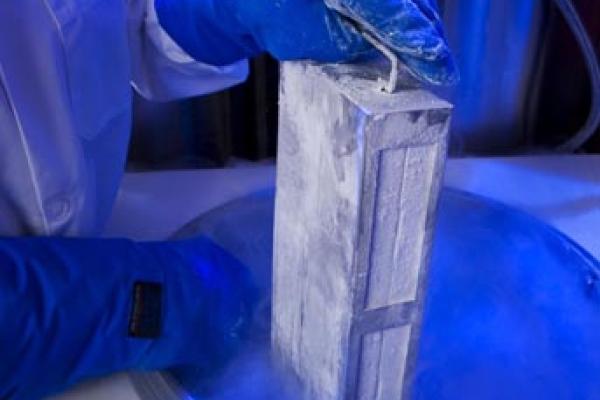Sep 10, 2012
Hundreds of thousands of embryos are stored in high-tech storage facilities across the United States. To an increasing number evangelical Christians, that’s hundreds of thousands of babies.
Conservative Christians have long joined hands to oppose abortion, often following the lead of the Roman Catholic Church. But evangelicals are leading the charge in adopting embryos, and encouraging people who have stockpiles of frozen embryos to make them available for adoption.
During a decade-long stretch of federal funding to promote embryo adoption, evangelical organizations received most of the $21 million doled out. That funding was cut in July, but leaders at those organizations say the word is spreading about embryo adoption.
Read the Full Article

Already a subscriber? Login
